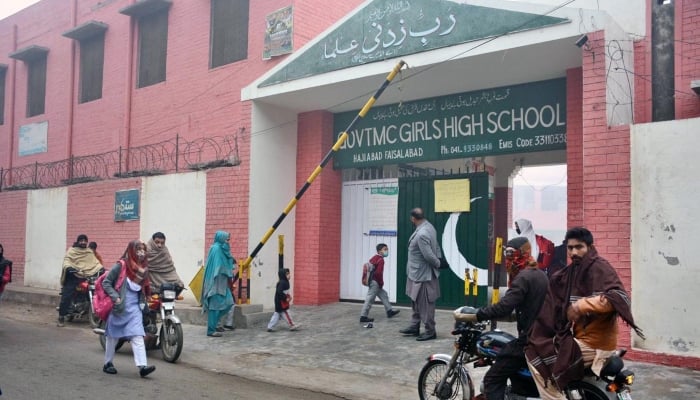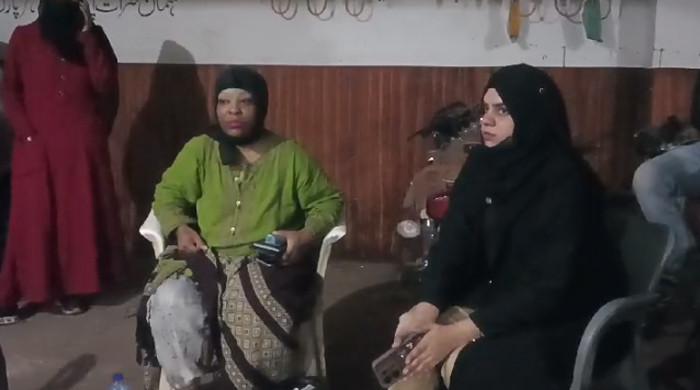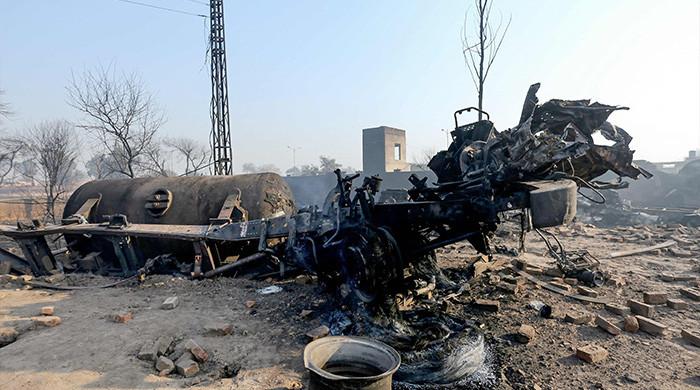First phase of teachers' hardship transfers begins in Punjab today
Provincial govt's spokesperson says education minister has divided transfers into two phases for convenience of teachers
August 08, 2024

- First application period to last till August 10.
- Teachers can apply till August 31 in the second phase.
- Hayat says merit to be given priority in transfers.
LAHORE: On the instruction of Punjab Education Minister Rana Sikandar Hayat, the first phase of hardship transfers in the province’s education sector kicked off on Thursday.
Earlier, August 12 was fixed as the date for opening the transfer round for teachers, the minister's spokesperson said in a statement.
He said the education minister has divided the transfers into two phases for the convenience of the teachers. The first application period for hardship transfers is begining from August 8 (today) and last till August 10.
Applications, on the hardship basis, can be submitted to the respective CEOs of districts. Such applicants need not apply on School Education Department website (SIS), the spokesperson said.
In the second phase, applications for the general round can be made on relevant website of the school department SIS from Monday, August 12. Teachers can apply till August 31 in the second phase, the official added.
He said the applications will be verified from September 1 to 5, following which the transfer phase will be completed by September 13, taking a final decision on the applications.
Hayat has said that merit will be given priority in all transfers, while no one's recommendation will be accepted and no one's right will be denied.
The minister directed to upload a copy of the application, submitted by hand, on the given Google form to ensure transparency.
“I will personally review the applications and other relevant matters,” he said.
He said the applications had been divided into different categories comprising wedlock, divorced, widowed, disability, serious illness, long distance and others.
“We do not want our female teachers to travel a long distance or differently-abled people compete with others,” he said.











